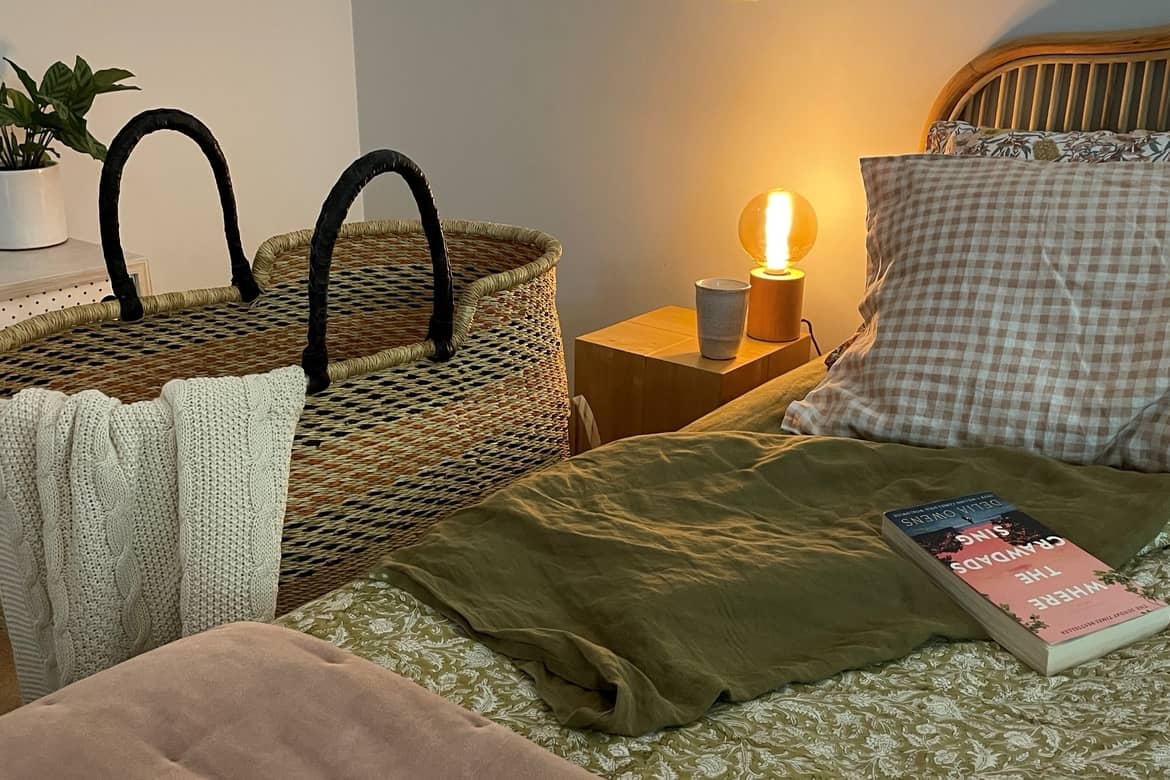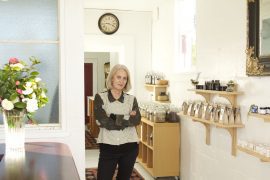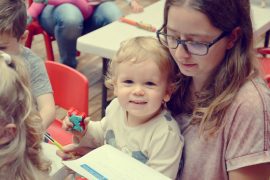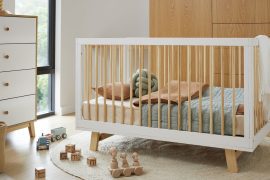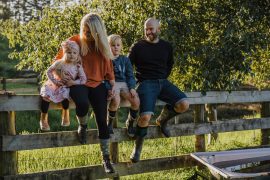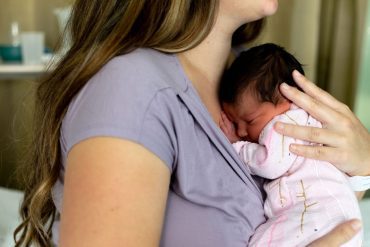Those early days, weeks and months of motherhood are some of the most wonderful, tiring and memorable times of your life: they are a time for bonding, connecting and getting to know this precious new little member of your family.
One of the big decisions parents make when they welcome a baby into their family is where they will sleep. Though co-sleeping has many advantages when done safely, many families feel that they would prefer to have their baby close, but not actually in the bed with them. There are huge advantages to having baby sleep in the same room as their parents. You are close enough to respond quickly when your baby wakes and can easily check on them throughout the night. Room-sharing allows for a rapid response to baby’s needs, supports breastfeeding, and makes it convenient for settling and comforting baby, providing close mother-baby contact and communication. There are also benefits to settling babies in their own bed, especially if there are times when they need to be in the care of friends or relatives.
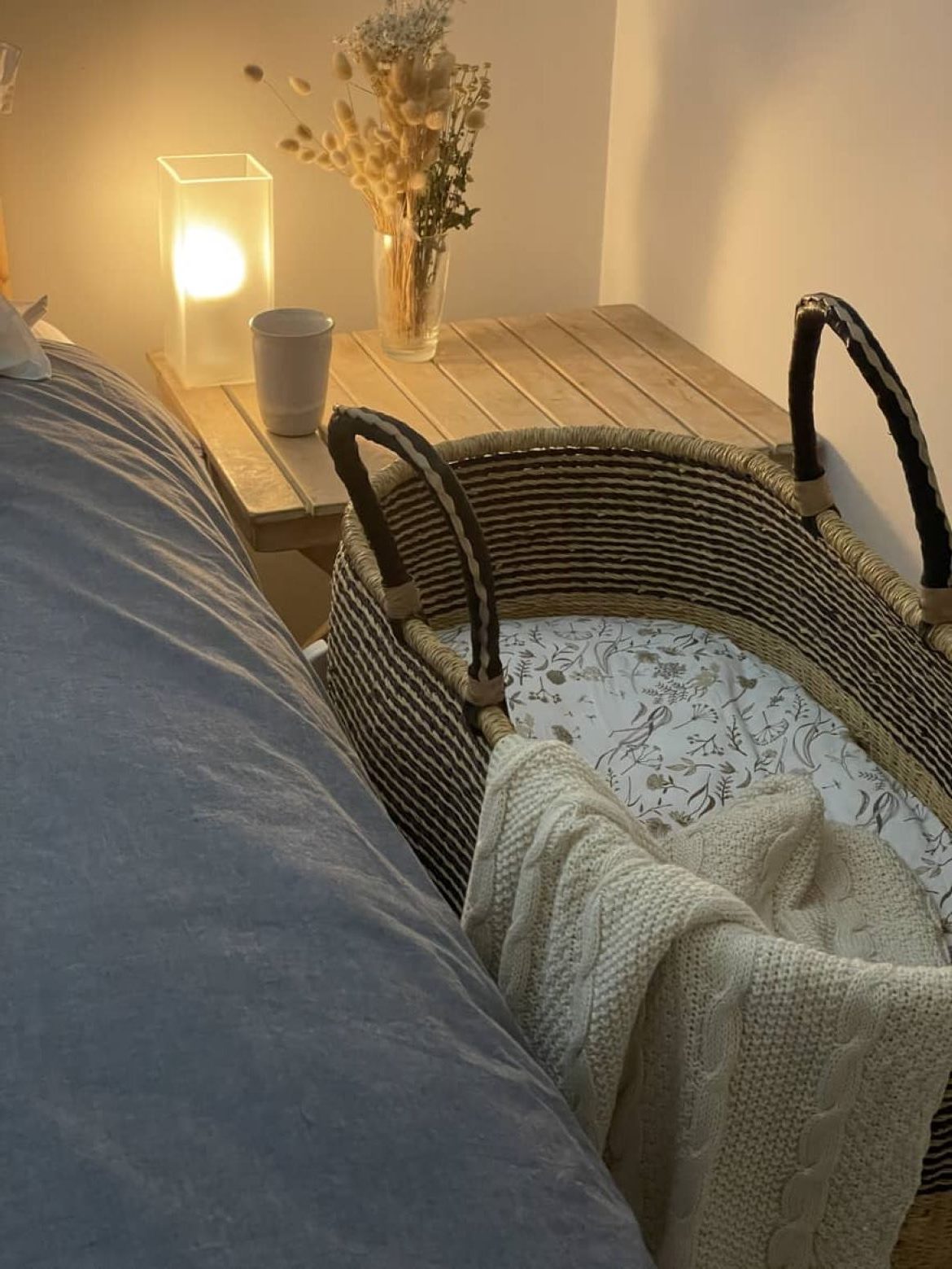
It is recommended that babies sleep in the same room as their parent or caregiver for at least the first six months of their lives. The sensory stimulation that babies gain from the sounds and smells of this close contact has been shown to reduce deep sleep, increase arousals, increase breastfeeding, and support protective airway mechanisms, all of which are thought to reduce the risk of sudden and unexpected infant death (SUDI).
There have been several studies that have shown the risk of SUDI is reduced by up to 50% when a baby sleeps in the same room as his or her parents. This can also be partly explained by increased observation and supervision of the baby, with parents being close enough to observe distress or potentially dangerous situations, such as blankets covering the face or baby rolling onto their tummy.
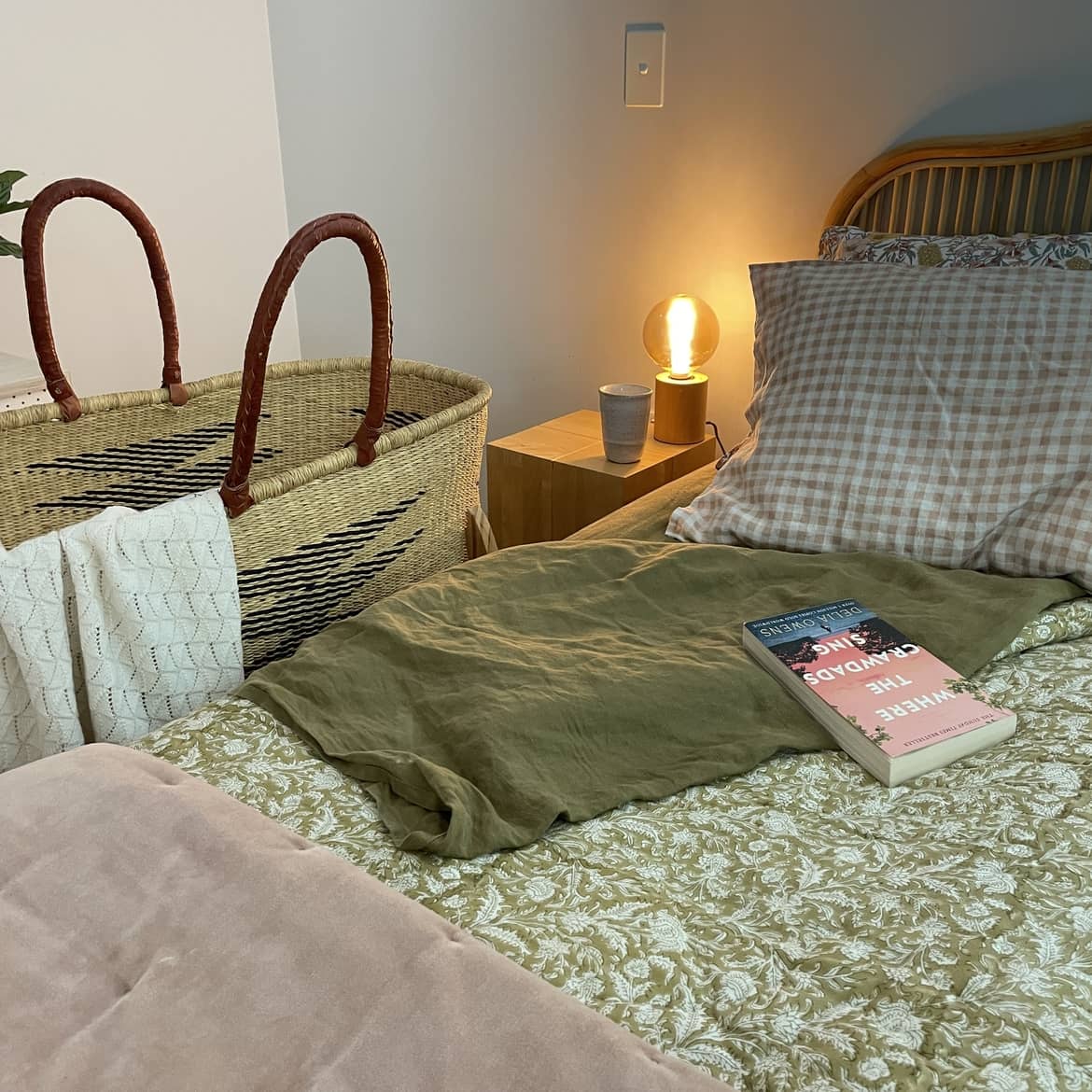
As daytime and night-time sleep practices differ, it is important that a baby has a safe place to sleep whatever the time of day. Unsafe sleeping environments such as car seats, bouncinettes, bean bags, pillows and sofas are not designed for baby sleep. A bed that is portable and specifically designed for a baby to sleep in can be moved from room to room during the day, where baby can be supervised by an adult.
While co-sleepers are a wonderful option, they are not always practical, can be expensive, are less transportable and can take up a lot of space. A Moses basket on a stand next to a parent’s bed has great advantages: they do not take up much space and, being so easily transportable, can be moved around the house into different rooms. They are also great for overnight trips or when visiting friends, as you will always have a handy, safe, and familiar place for baby to sleep.

